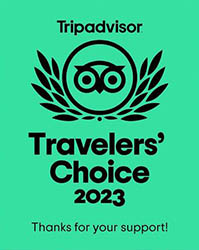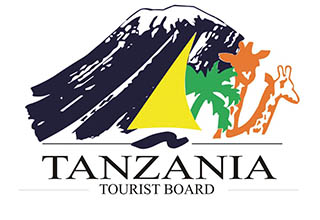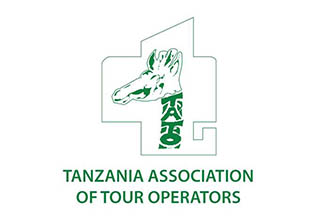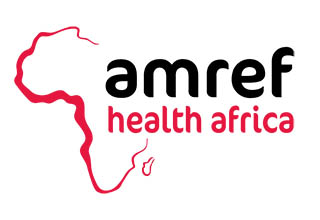Responsible Tourism is all about helping to share some of the benefits of tourism with local people without causing negative effects on either the environment or their culture.
Local people can benefit from tourism by means of receiving an increased income which, if managed correctly, can be used to improve standards of education, improved diet and access to medical treatment. However all too often tourism makes the richest members of the community even richer i.e. hotel owners, property owners, travel agencies and shops owners, while the poorest inhabitants remain demoralized and exploited and struggle to get their foot on the ladder to improving their situation.
Responsible travelers can help people by following some of the guidelines for low-impact, culturally sensitive and environmentally friendly travel.
1. LEARN ABOUT THE COUNTRY YOU’RE VISITING
Start enjoying your travels before you leave by tapping into as many sources of information as you can.
- To get the most out of a trip, seek out lots of information – not just the obvious sources like guidebooks. Try reading some classic and contemporary literature of the country. The internet is a fantastic resource.
- Try to check out the behavior and dress codes that will be expected of you. Visiting religious sites, markets or rural communities looking as though you forgot to get dressed that morning is probably not a good idea! Swimwear and revealing shorts and T-shirts are often only appropriate on the beach.
- One of the major impacts holidays and travel have on a destination is economic. You can be a vital source of income for many. If you want to make sure you bring some economic benefit, find out whether there are any community or locally run/owned businesses to use in the places you’re visiting.
- Learn a few phrases in Swahili before you travel. Even better take a short language course. A few basic words will go a long way to improve the quality of your interaction with local people. You’ll be surprised how difficult it is to get by in East Africa using English alone!
2. THE COST OF YOUR HOLIDAY
Think about where your money goes – be fair and realistic about how cheaply you travel.
- Think about where your money goes – it’s very easy to forget the consequences when you’re on a budget trying to save every penny. Competing for the cheapest price and not wanting to get ripped off is common, but some travelers misunderstand how far to go and are overly suspicious or aggressive. By all means haggle (it’s often expected after all) but don’t go over the top – smile and pay a fair price. A small difference, of say US$0.5, could mean the person you’re buying from can feed his or her family that day. It doesn’t really hurt to be fair and realistic, in fact it can be very rewarding.
- Try and put money into local businesses. For instance, drink local beer or fruit juice rather than imported brands – they’re probably cheaper and just as good if not better. Thinking about where your money goes also includes using local guides and locally-owned accommodation. Tours and excursions run by locals will educate you and benefit them. If possible, support community projects.
3. MINIMIZE YOUR ENVIRONMENTAL IMPACT
Think about what happens to your rubbish – take biodegradable products and a water filter bottle. Be sensitive to limited resources like water, fuel and electricity.
Help preserve local wildlife and habitats by respecting rules and regulations, such as sticking to footpaths, not buying products made from endangered plants or animals.
- Exploring rainforests, mountain trekking, going through remote desert regions, – all these are things that travelers’ dreams are made of. But if everyone who visited such environments did it without working out how to limit their environmental impact, damage would soon follow.
- Recycling is extremely limited in Africa. Opt for drinks in glass bottles as these tend to be re-used.
- Use only biodegradable soaps and shampoos while camping but don’t use them directly in the water as they won’t decompose.
- Batteries are one of the most damaging products to leave behind.
4. PHOTOGRAPHY
Don’t treat people as part of the landscape, they may not want their picture taken. Put yourself in their shoes, ask first and respect their wishes.
- Most travelers want photos to remind them of their travels, but there are times when photography can offend and intrude. So how do you get your photos of your lifetime without offending the people you are visiting? Consider the feelings of local people and, if it’s inappropriate, don’t take it.
- You may find that sometimes people will ask you for payment for the photograph to be taken. This can have lots of implications, it’s worth bearing them in mind. You may think that paying for pictures is a way of putting money into local hands, but it can encourage begging especially amongst children. However, if it is obvious that the locals have dressed up in traditional clothes only to have their photos taken, negotiate a price first before taking a photo. In markets, it may be more appropriate to buy something from the store-holder such as fruit or vegetables rather than paying for taking a photo.
- Often the best way you can take photos is to offer to mail them a copy. Many locals will be thrilled to receive a photo of themselves.
- Avoid giving children sweets for photos; again it encourages begging as well as being bad for their teeth.














